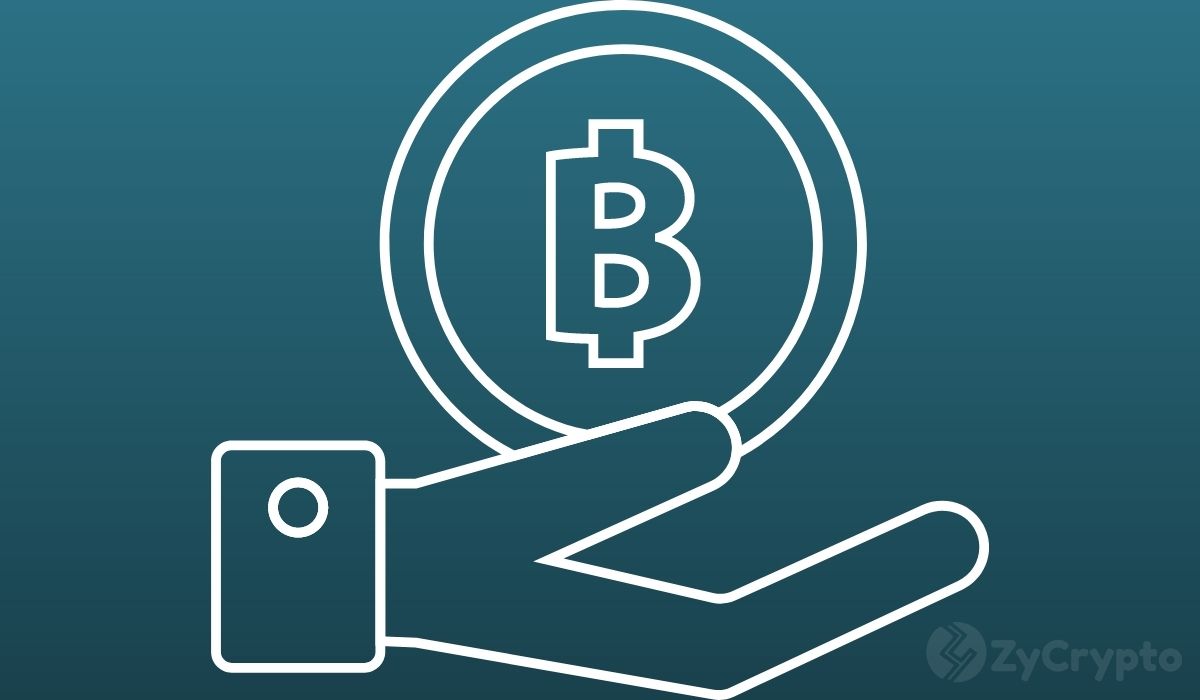Exploring the Differences Between Bitcoin and Cardano: A Deep Dive
Even if you’re new to investing in crypto, you’ve doubtlessly heard a lot about both Bitcoin (BTC) and Cardano (ADA), but likely for a very different set of reasons. While Bitcoin is the first and most well-known cryptocurrency, Cardano is a newer, more innovative project that has been gaining attention in the crypto community.
Bitcoin: The Pioneer of Cryptocurrency
Bitcoin was created in 2009 by an unknown person or group of people using the pseudonym Satoshi Nakamoto. It is a decentralized digital currency that operates on a peer-to-peer network. Bitcoin uses a proof-of-work consensus algorithm, which requires miners to solve complex mathematical problems to validate transactions and add new blocks to the blockchain. Bitcoin’s total supply is capped at 21 million, making it a scarce resource.
Cardano: The Innovative Newcomer
Cardano, on the other hand, was founded in 2015 by Charles Hoskinson and a team of experienced developers. It is also a decentralized digital currency, but it is built on a proof-of-stake consensus algorithm called Ouroboros. This means that instead of using energy-intensive mining, Cardano users can earn new coins by holding and staking their existing coins as collateral. Cardano’s total supply is not capped, but its issuance rate decreases over time.
Differences in Functionality
Functionality is another key difference between Bitcoin and Cardano. Bitcoin is primarily used as a digital currency for peer-to-peer transactions, while Cardano has a more ambitious goal: to be a complete decentralized financial (DeFi) platform. Cardano aims to provide a range of financial services, including lending, borrowing, and stablecoins, all on its blockchain.
Impact on Individuals
For individuals, the choice between Bitcoin and Cardano may depend on their investment goals and risk tolerance. Bitcoin is the more established and well-known cryptocurrency, making it a safer bet for those who want to invest in a proven asset with a solid track record. Cardano, on the other hand, offers the potential for higher returns due to its innovative features and growing DeFi ecosystem.
Impact on the World
For the world, the rise of Bitcoin and Cardano, as well as other cryptocurrencies, has the potential to disrupt traditional financial systems and create new opportunities for financial inclusion. Decentralized financial systems can provide access to financial services to people who have been excluded from the traditional banking system, particularly in developing countries. Additionally, cryptocurrencies offer the potential for faster, cheaper, and more secure transactions than traditional currencies.
Conclusion
In conclusion, while both Bitcoin and Cardano are cryptocurrencies, they have distinct differences in their underlying technology, functionality, and investment potential. Bitcoin is the pioneer of cryptocurrency, while Cardano is a more innovative project with ambitious goals. For individuals, the choice between Bitcoin and Cardano may depend on their investment goals and risk tolerance. For the world, the rise of these cryptocurrencies has the potential to disrupt traditional financial systems and create new opportunities for financial inclusion.
- Bitcoin is a decentralized digital currency that operates on a proof-of-work consensus algorithm
- Cardano is a newer, more innovative cryptocurrency that operates on a proof-of-stake consensus algorithm
- Bitcoin is primarily used as a digital currency for peer-to-peer transactions
- Cardano aims to be a complete decentralized financial (DeFi) platform
- The choice between Bitcoin and Cardano may depend on individual investment goals and risk tolerance
- The rise of cryptocurrencies has the potential to disrupt traditional financial systems and create new opportunities for financial inclusion





